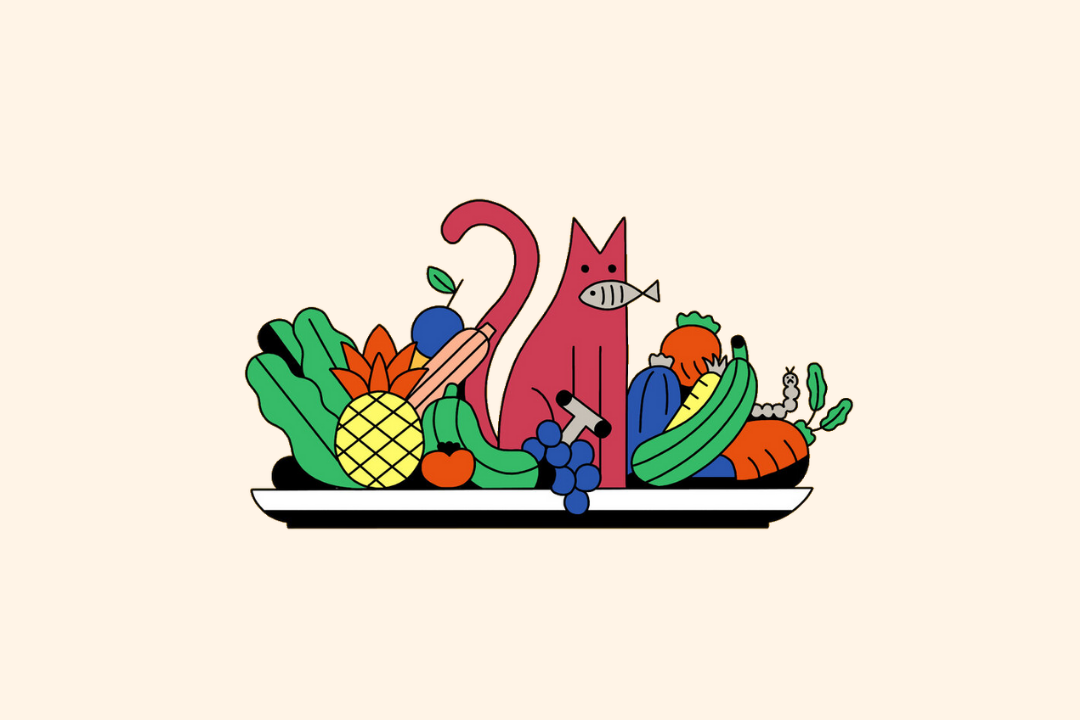What does the term “junk food'' mean to you?
In 2017, an article by Milani et al., said that “the more the term ‘junk food’ is used, the more confusing its actual meaning becomes…neither political nor public health organisations have given a common definition of junk food.”
Every other person has different definitions of junk food. Some believe it’s nutritional value, some believe that anything that does not come under traditional food is junk. The article also states that a lot of people list foods that have high content of saturated fats and salt (or added sugar) in the junk food category which might lead to limiting foods that are part of a cultural heritage and actually good for us. For example, in India, rice has been an integral part of our diet and might be important for the right kind of nutrition. However, if we think of it as junk just because of the high level of carbs, we might chuck it out of our diet. Is that helpful?
On the same note (and at the risk of stereotyping), here’s something to think about. Rice is a part of our cultural tradition and is known to be healthy for us (reminder: research also says that higher consumption of white rice is associated with an increased risk diabetes in South Asia), pasta is known to be a common food item in Italy, and noodles or ramen are staples in China or Japan. Pasta (or pizza) might have a different nutritional value than rice, but they are both important sources of carbs and energy too. But in India, they are both termed as junk. So then, what exactly is junk food? And why has a term like this become a part of everyday vocab around the world - that too across different cuisines?
Even the perception that whole, unprocessed and cooked foods are healthy, while junk mostly comprises ready-to-eat meals and fast food has been proved to be incorrect. Howard et al. (2012) carried out a cross sectional analysis of the nutritional content of 100 main meals (as described in recipes by television chefs) and 100 standard ready-to-eat meals sold by supermarkets as their own brand. While neither complied with WHO recommendations, the recipes were less healthy than ready meals, containing significantly more energy, protein, fat, and saturated fat, and less fibre per portion than the latter.
Food has a lot of meaning to us and it’s more than just the ensuing labels of healthy or unhealthy. It’s what keeps us going in our daily lives, and the deficiency (carbohydrates, fats) or overconsumption (fibre, protein) of all foods (even water) can have its own adverse effects on our physiology. That’s why balanced diets are important in the first place. The rest of it also has to do with our health and our perception of the world around us through the lens of food.
A very interesting study examined the meanings of foods within adolescent female culture by looking at ways in which young women classify foods. They associated consumption of junk food with weight gain, pleasure, friends, independence, and guilt, while consumption of healthy food was associated with weight loss, parents, and staying at home. A lot of the associations we make with food also affect how we perceive ourselves, our relationships and our mental health.
The main problem with demonising certain food is that we get stuck with these tags. Our relationship with food can get seriously hampered when we label them in a way that causes us to be anxious, scared or shameful every time we eat “junk”. And the policing of food makes calories our enemy when we actually need them to function and be energetic throughout the day.
When we give food that power over our own needs, it can lead to disordered eating (an elephant in the room that needs to be addressed). Restricting ourselves from bad, junk, fast food can also lead to restrict-binge habits that are actually worse in the long run. Another term coined in 1997, Orthorexia nervosa, is the disordered perception of food quality, and not quantity. People with orthorexia mostly focus on the perceived healthfulness of food rather than on losing weight or being thin. They have an extreme fixation on the “purity” or “cleanliness” of their foods, as well as an obsession with the benefits of healthy eating.
The problem is that a lot of these disorders and maladaptive eating can get labelled as “health fads” or being fit when they can actually cause lots of digestive and mental health concerns. Food is not so much junk or healthy as much as it is about nutrition. Yes, some foods have more fats or salts than others but chucking them out of your diet won’t do you any good!
If we reflect on our overall diet, one pastry or a plate of pasta won’t cause too much fluctuation in our health. Yes, consuming food with less nutrition every day is not ideal, but being stuck in the guilt of having that one fast food dish can get you into a pattern of avoidance. If you feel guilt, shame or fear in front of food, it might be a good time to work on your relationship with food. Trust yourself. You, more than anyone else, know what’s beneficial for you and what makes you feel good. Food is your ally, a friend - not your enemy. It’s helping you stay healthy. It’s helping your body and it helps you feel better.
“The path to health isn’t always a straight line; it’s very topsy-turvy. But if you come back to your values and commit to what you want for yourself in terms of your health, not just your weight, you’ll make it.”
- Jody Larry
Relationship With Food Relationship With Food







